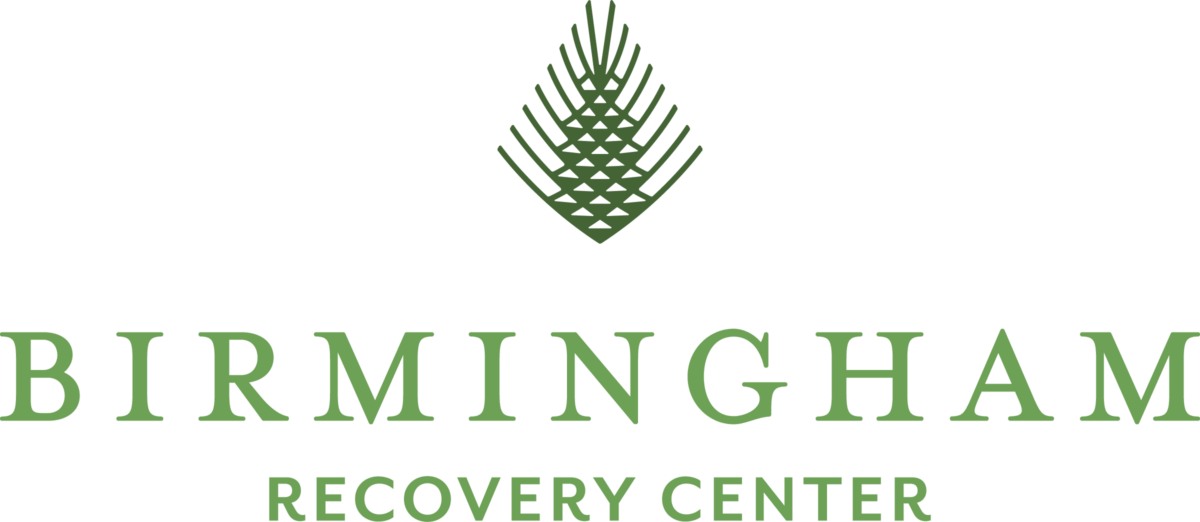Alcohol is something that has been tightly woven into the fabric of our society. It is present at nearly any and all types of gatherings, ranging from weddings and funerals to post-work happy hours and family suppers. But, despite its presence in everyday life, there is a large percentage of individuals who cannot drink responsibly due to the disease of alcoholism. A study published in JAMA Psychiatry reports that a whopping 12.7% of the United States population meets the criteria to be diagnosed with alcohol use disorder. This criteria includes being unable to control alcohol intake and continuing to drink despite the consequences that occur as a result, including alcohol withdrawal.
How Long Does Alcohol Withdrawal Take?
With many people across the country experiencing alcohol use disorder, it is safe to say that many are also experiencing what it is like to withdraw from this particular mind-altering substance. Unfortunately, the withdrawal symptoms associated with alcohol detox are notoriously distressing, ranging from headaches to seizures. It is common for individuals to dodge these symptoms even if they want to get sober because of how intense they can become. Withdrawal symptoms linked to alcohol detox are, unfortunately, one of the greatest barriers for people who want to get sober. Chances are that most individuals have experienced some level of withdrawal symptoms when they were unable to drink at a certain time they wanted to or were not able to get as much alcohol as they needed to fend off the development of symptoms. Even the onset of withdrawal symptoms can be so upsetting that it feels like the only way out is to drink again. But, getting sober is absolutely vital to living a healthy, happy life.
Why Does Alcohol Withdrawal Happen?
Alcoholism carries a heavy price. Not only does it infiltrate all areas of one’s life, but it makes getting sober very challenging. That is because after drinking for long periods of time, withdrawal symptoms develop when a person suddenly stops drinking.
When someone stops drinking and withdrawal symptoms occur, that is a sign of dependence. Dependence doesn’t happen overnight, rather it takes some time to build. A person will abuse alcohol to a point where they need to begin consuming more of it in order to feel under the influence. As they continue to increase the amount of alcohol that they are drinking, their bodies become accustomed to the presence of high levels of alcohol. Therefore, when alcohol use is suddenly stopped, the body reacts by producing painful withdrawal symptoms. The symptoms that develop often occur in stages and increase in intensity before petering out.
How Long Does it Take to Detox From Alcohol?
So, how long does it take to detox from alcohol? Well, detoxing is the period of time that it takes for a person to fully clear their bodies of mind-altering substances. The time spent detoxing varies based on a number of factors. For example, it may take someone with years of alcohol abuse under their belt more time to detox than someone who has been drinking heavily for a few months. But, in general, there are three stages of alcohol detox that most everyone experiences when they end their active addiction.
Stage One
The first stage of withdrawal symptoms begins its onset around 6 to 12 hours after the last drink. At this time, it is common for individuals to complain of headaches and stomach pains, as well as experience anxiety, insomnia, poor appetite, and nausea. This stage is short-lived and the second stage of alcohol detox often starts happening quickly.
Stage Two
Within the following 12 to 48 hours after the onset of symptoms in stage one comes stage two. It is during this time that the physical health risks of alcohol withdrawal dramatically increase, as it is possible to experience hallucinations and seizures.
Stage Three
By 48 to 72 hours after the last drink, it is possible that those detoxing from alcohol can experience a severe situation known as delirium tremens, or DTs. Symptoms include fever, high blood pressure, delirium, rapid heart rate, confusion, sweating, and hallucinations. The DTs are highly dangerous, as they can not only cause these symptoms, but can also lead to death if not appropriately treated. This is one of the primary reasons why individuals who want to stop abusing alcohol are recommended to detox in a professional setting. Attempting to detox from alcohol independently can be fatal.
In general, most individuals who detox from alcohol spend about one week’s time experiencing symptoms prior to them slowly fading away. In some cases, though, specific symptoms may continue to linger for weeks or even months (known as post-acute withdrawal syndrome or PAWS), requiring further therapeutic care.
Alcohol Rehab in Alabama
If you or someone you love is experiencing an alcohol addiction, know that you do not need to go it alone. By reaching out, you can obtain the help needed to not only get sober, but to do so in a safe manner. Attempting to detox on your own can be deadly.
Contact us right now to learn more about how we can help you or your loved one put a stop to active addiction. Birmingham Recovery Center‘s multidisciplinary team can help you walk through the recovery process. Do not wait any longer to ask for the help that you need and deserve. We are here to help.

